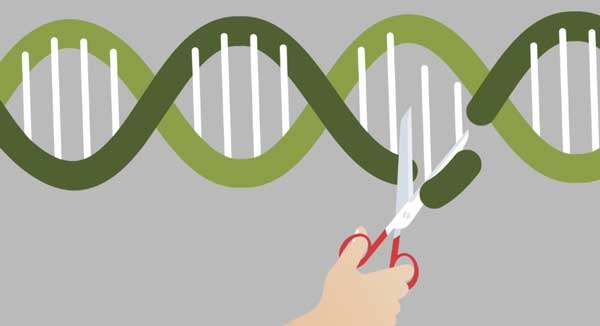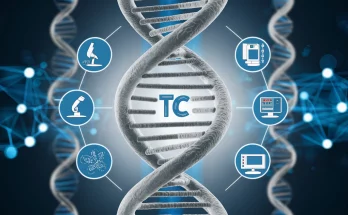Genetic engineering is transforming the way we approach medicine, agriculture, and biotechnology. By modifying DNA, scientists can create disease-resistant crops, develop gene therapies for genetic disorders, and even explore possibilities like cloning and synthetic biology. This article explores the advancements in genetic engineering and how it is shaping the future.
What is Genetic Engineering? Genetic engineering, also known as genetic modification, is the direct manipulation of an organism’s DNA using biotechnology. It allows scientists to add, remove, or alter genetic material to achieve specific traits or functions. Key techniques in genetic engineering include:
- CRISPR-Cas9 Gene Editing – A revolutionary tool that allows precise DNA modifications.
- Recombinant DNA Technology – Combining DNA from different organisms to produce new traits.
- Gene Therapy – Treating or curing diseases by modifying defective genes.
- Synthetic Biology – Creating new biological parts or entire organisms with engineered DNA.
Genetic Engineering in Medicine
- Gene Therapy for Inherited Diseases – Scientists are developing treatments for genetic disorders like cystic fibrosis, sickle cell anemia, and hemophilia by correcting defective genes.
- Cancer Treatments – CAR-T cell therapy, which involves engineering immune cells to attack cancer, is proving to be highly effective.
- Vaccine Development – Genetic engineering has enabled the rapid development of vaccines, including mRNA COVID-19 vaccines.
- Organ Transplantation – Scientists are exploring genetically modified pigs as potential organ donors for human patients (xenotransplantation).
Genetic Engineering in Agriculture
- Genetically Modified (GM) Crops – Crops like Bt corn and Golden Rice are engineered for pest resistance, higher yields, and improved nutrition.
- Drought-Resistant Plants – Scientists are developing crops that can withstand extreme weather conditions due to climate change.
- Livestock Improvement – Genetic modifications are used to enhance disease resistance and productivity in animals.
- Lab-Grown Meat – Advances in cellular agriculture allow for the production of meat without animal farming, reducing environmental impact.
Ethical and Safety Concerns
- Genetic Modification in Humans – Editing human embryos raises moral and ethical questions about designer babies and unintended genetic consequences.
- Environmental Impact – The long-term effects of genetically modified organisms (GMOs) on ecosystems need further study.
- Biotechnology Regulation – Governments are working to establish guidelines to ensure the safe and ethical use of genetic engineering.
The Future of Genetic Engineering With rapid advancements in DNA modification, the future of genetic engineering is promising. Scientists are working on innovations such as:
- Curing Genetic Disorders Permanently – Advancements in gene therapy could lead to lifelong cures for inherited diseases.
- Bioengineered Superfoods – Future crops may provide enhanced nutrients tailored to individual dietary needs.
- Artificial Life Forms – Synthetic biology could lead to the creation of new life forms designed for specific industrial and medical purposes.
Conclusion Genetic engineering is revolutionizing multiple industries, from medicine to agriculture. As technology advances, it offers exciting possibilities for improving human health, food security, and sustainability. However, ethical and regulatory considerations must be addressed to ensure responsible use of this powerful technology.




